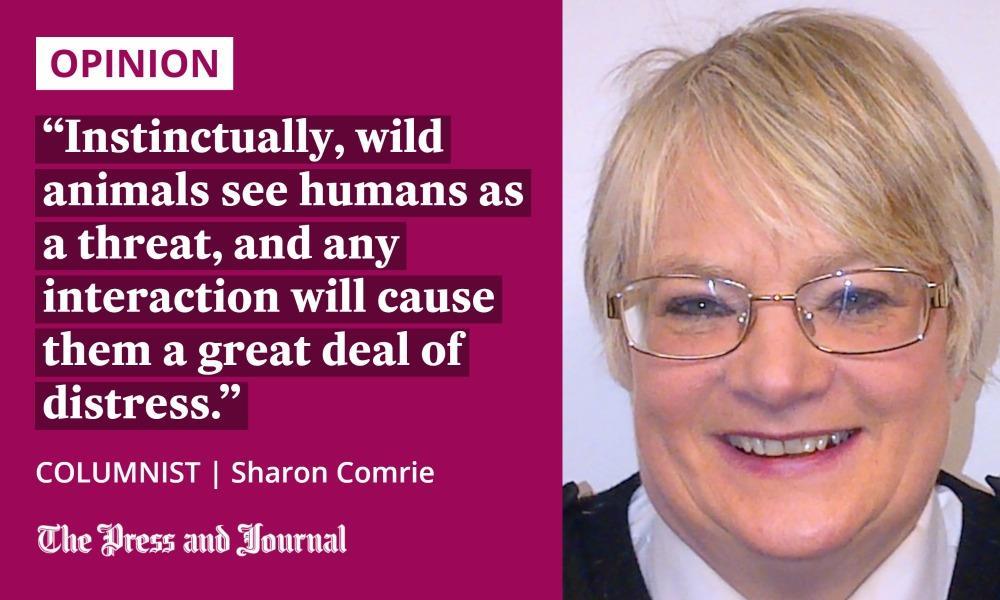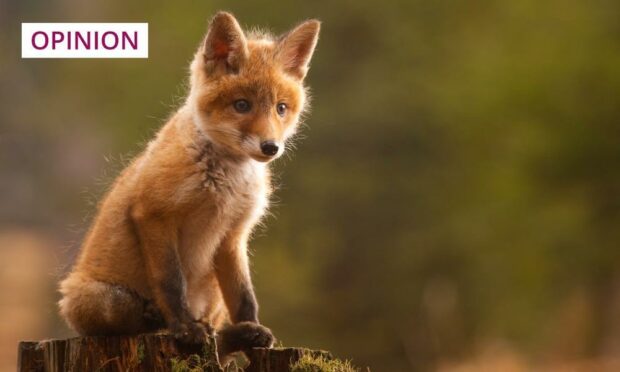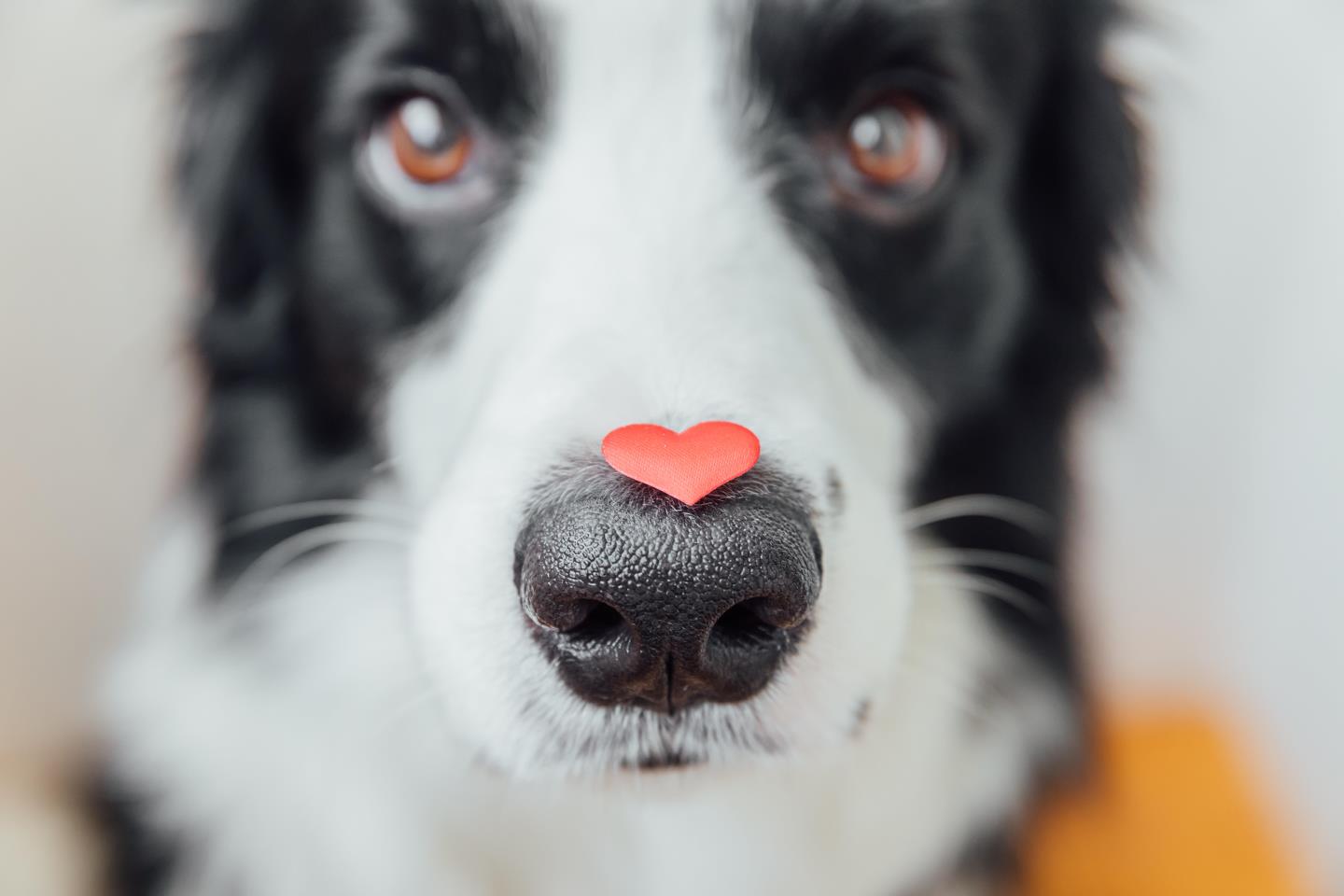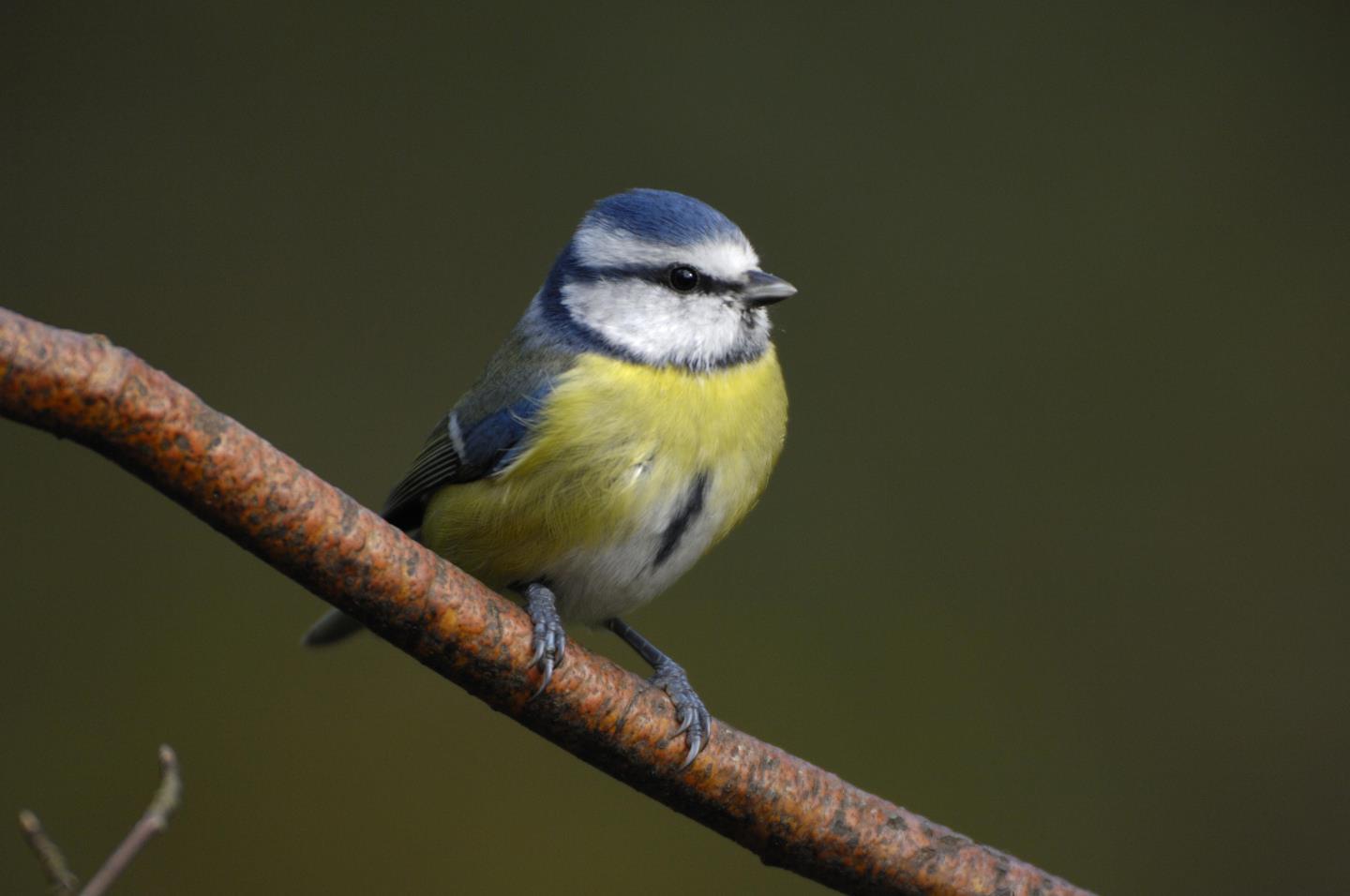Hello, lovely readers! Sharon Comrie here.
This is my first attempt at writing a column, so please let me introduce myself.
I have had the utmost privilege to work and care for thousands of animals in my 49 years with the Scottish SPCA. During this time, I’ve had a varied career working with a variety of animals, from raccoons to land snails and everything in between.

One of the most rewarding but time-consuming and exhausting tasks is hand-rearing orphan animals. I have to admit, I fail miserably at doing this.
Although I’m very experienced at hand-rearing babies, it’s the emotional side I struggle the most with. I just can’t give them back!
I have a tendency to keep them, much to my poor husband’s despair. He knows when that cat carrier comes through the living room door, chances are we have another addition to the family, despite my promises of: “Don’t be silly, darling, of course it will be going up for rehoming as soon as it’s old enough.”
I truly believe this statement at the time but, six or seven weeks later, I just can’t do it.
Both my cats, Flora and Wee Mac, were hand-reared by me, as was my wee dog, Penny, who was only one day old when the inspector found her. My other dog, Bella, wasn’t hand-reared, but still came round the living room door in a cat carrier, nonetheless.
Wild animals see humans as a threat
I never have the same trouble releasing hand-reared wild animals because, although just as complex and rewarding as rearing domestic animals, the process has to be much more hands-off, so the wildlife has a better chance of survival once released.
Wildlife can become very unwell from being fed the wrong diet or, tragically, can even pass away from the stress of being handled by humans
Sadly, the Scottish SPCA often receive calls from members of the public who have attempted to hand-rear wild animals with disastrous consequences. We’ve even had cases where people have kept fox cubs in their shed, only for the animals to become too much to handle once they grow into adults.
Wildlife can become very unwell from being fed the wrong diet or, tragically, can even pass away from the stress of being handled by humans.
Wild animals do not have the centuries of domestication that companion animals do. Instinctually, wild animals see humans as a threat, and any interaction will cause them a great deal of distress.
Our animal rescue officers and team at our National Wildlife Rescue Centre are experts in treating and rehabilitating wild animals.
If you find any sick or injured wildlife in need of assistance, please contact our helpline on 03000 999 999 so we can help them return to the wild where they belong.
Sharon Comrie is community and engagement manager for the Scottish Society for Prevention of Cruelty to Animals (SSPCA)



Conversation